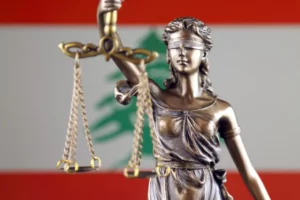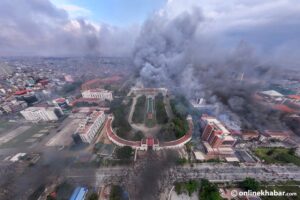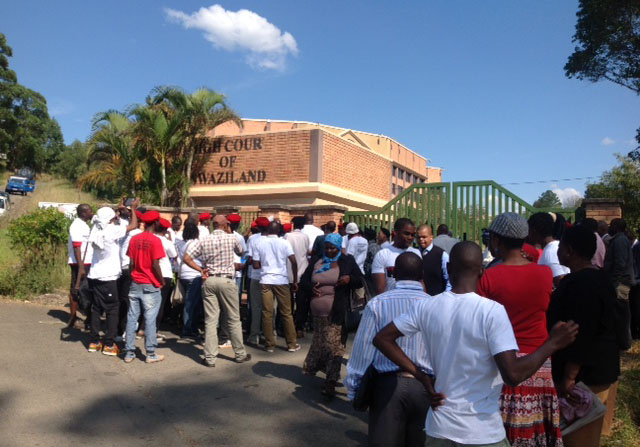
Jun 30, 2015 | News
The ICJ welcomes the decision of the Supreme Court of Swaziland to uphold the appeal of imprisoned human rights defenders Thulani Maseko and Bheki Makhubu and ordering their immediate release.
“The decision marks a victory for the rule of law in Swaziland,” said ICJ Secretary-General Wilder Tayler. “We hope that this is but the first of many steps to come in restoring the integrity of the courts and reinforcing the respect for the rule of law that has undergone so much erosion in recent years.”
The ICJ considers that while the release of the two men is a necessary step for justice for the two men, alone it is not enough.
The government of Swaziland should ensure adequate reparation for their wrongful imprisonment.
More broadly, it must engage in legal and structural reforms necessary to ensure the fair and effective administration of justice, the independence of the judiciary and respect for human rights in the country.
Thulani Maseko and Bheki Makhubu were arrested on 17 March 2014 under contempt of court charges for having written articles criticizing the manner in which the then Chief Justice (CJ), Michael Ramodibedi, had handled the case of another defendant, Bhantshana Gwebu.
Mr. Gwebu had been arraigned before the CJ without legal representation, charge sheet or being informed of his rights to apply for bail.
The trial of Thulani Maseko and Bheki Makhubu was riddled with violations of basic due and fair trial principles, as affirmed by the UN Working Group on Arbitrary Detention (WGAD), which ruled on a complaint in Thulani Maseko’s case.
Background
The trial of Thulani Maseko and Bheki Makhubu resulted in their conviction and a two-year prison sentence It was improperly conducted before a presiding judge, Mpendulo Simelane, who was a potential witness and had a direct interest in the case.
They had been in custody since their arrest, save for a three-day release in June 2014, and were due for final release on the 17 July 2015.
The ICJ has previously issued a number of statements after conviction by the High Court, underscoring that the prosecution and trial Court’s judgment had constituted a breach of Swaziland’s obligations to respect the rights to freedom of expression and fair trial.
The UN WGAD opinion issued on 22 April 2015 held that the deprivation of liberty of the accused was arbitrary and in contravention of the Universal Declaration of Human Rights and Swaziland’s obligations under the International Covenant on Civil and Political Rights (ICCPR).
The WGAD also emphasized that Swaziland should release the accused and facilitate the enforceable right to compensation in accordance with article 9 of the ICCPR.
In the appeal hearing yesterday, the Crown conceded most of the legal arguments by defence counsel and in particular that Judge Simelane ought to have recused himself from presiding over the case.
The Supreme Court’s written judgment is expected to be issued at the end of the session of its sitting.
Read also:
Swaziland: ICJ condemns the harsh prison term imposed on Thulani Maseko and Bheki Makhubu
Swaziland: ICJ condemns the conviction of celebrated human rights lawyer and prominent journalist on charges of contempt of court
Swaziland: ICJ concerned at detention of human rights lawyer and journalist
American Bar Association’s statement
Contact:
Arnold Tsunga, Director, ICJ Africa Regional Programme, t +27 716 405 926 or +41 76 239 90 32 e: arnold.tsunga(a)icj.org
Matt Pollard, Senior Legal Adviser, ICJ’s Centre for the Independence of Judges and Lawyers, t: +41 22 979 38 12, e: matt.pollard(a)icj.org
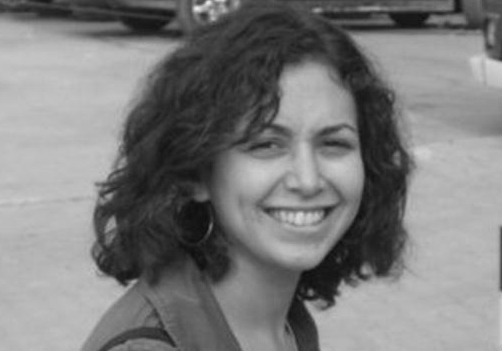
Jun 21, 2015 | News
Today, one year on from the arrest and detention of human rights lawyer Yara Sallam and 22 peaceful demonstrators, the ICJ calls for their immediate and unconditional release.
On 21 June 2014, Yara Sallam, together with 22 others, was arrested and detained in the context of a peaceful demonstration in Heliopolis, Cairo.
“The Egyptian authorities must end their campaign to silence human rights defenders and all those suspected of opposing the military and the government through politically motivated prosecutions and trials,” said Said Benarbia, Director of the ICJ Middle East and North Africa Programme.
To this end, they must immediately and unconditionally release Yara Sallam and the 22 other detainees,” he added.
The demonstrators were calling for the revocation of Law No. 107 of 2013, on public meetings, processions and protests, and the release of all those detained under it.
They were forcibly dispersed by security forces and men in civilian clothes.
The ICJ has previously noted that this law is contrary to Egypt’s obligations under international law.
It imposes overly restrictive limitations on the exercise of the right to freedom of assembly and it grants sweeping powers to security forces to disperse non-violent protests, including authorizing the use of lethal force when it is not strictly necessary to protect lives, the Geneva-based organization says.
On 26 October 2014, the 23 accused were convicted by the Heliopolis Misdemeanour court and sentenced to three years in prison and three years of police monitoring on charges of, among other things, “participating in a procession of more than five people that put public safety in danger with the aim of committing the crimes of assault on people and property and influencing public authorities in their duties by using force and violence.”
Two months later, the Court of Appeal upheld the convictions, while reducing the sentence to two years imprisonment and two years of police monitoring. A challenge before the Court of Cassation is pending.
The trial of the 23 defendants violated their rights to a fair and public hearing under international law, including the International Covenant on Civil and Political Rights, a key human rights treaty ratified by Egypt in 1982.
Their lawyers were prevented from cross-examining witnesses. Members of the public, including family members, were prohibited from entering the courtroom, without any valid reason.
Further, based on its review of the case file and court judgments, the ICJ is also concerned that both courts convicted the accused in the absence of any substantial or credible evidence of the guilt of any of the 23 defendants, and without seeking to establish the personal criminal responsibility of each individual accused.
Contact:
Alice Goodenough, Legal Adviser of the ICJ Middle East and North Africa Programme, t: +44 7815 570 834 ; e: alice.goodenough(a)icj.org
Nader Diab, Associate Legal Adviser of the ICJ Middle East and North Africa Programme, t: +41 78 89 41 877 ; e: nader.diab(a)icj.org
Egypt-Release Yara-News-Press release-2015-Arabic (full text in PDF, Arabic)
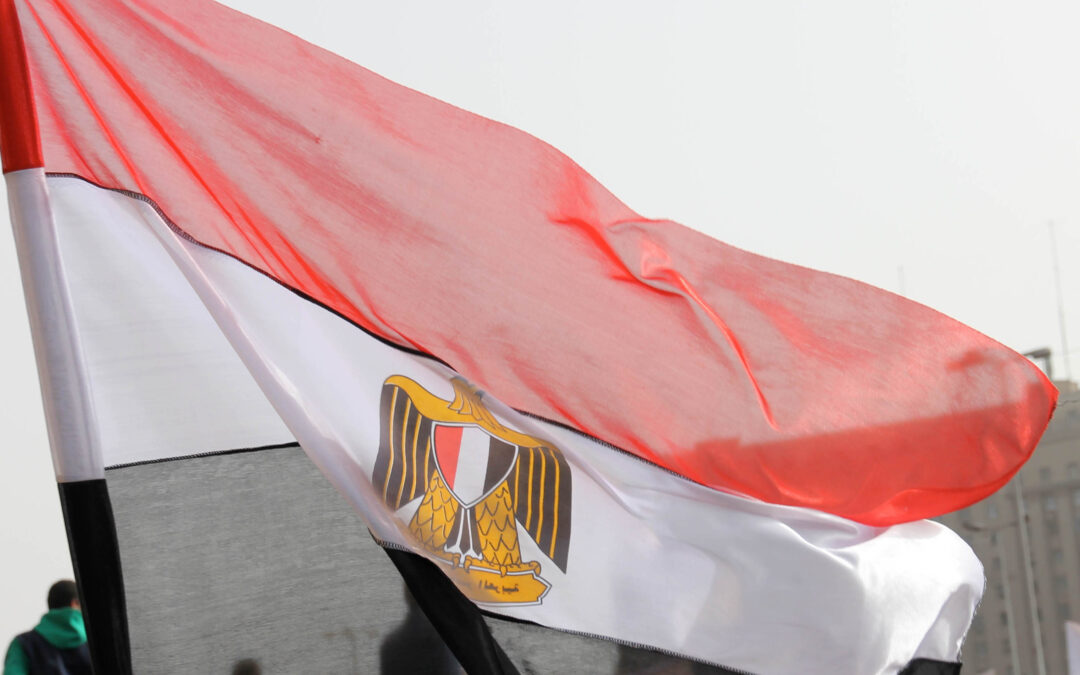
Jun 16, 2015 | News
The ICJ deplores the decision of the Cairo Criminal Court to confirm the death sentences for over 100 persons following a grossly unfair trial.
The ICJ is calling upon the Egyptian authorities to desist from carrying out the executions and to provide an effective remedy for the human rights violations.
On 16 May, the Cairo Criminal Court had already recommended deaths sentences for more than 120 accused persons.
Today, having received the opinion of the Grand Mufti of Egypt (whose secret, non-binding opinion must be sought in all death sentence cases before they are confirmed) the Cairo Criminal Court confirmed the death sentences of more than 100 accused, including former President Mohamed Morsi and numerous other senior officials from the outlawed opposition group, the Muslim Brotherhood.
“Egypt must immediately end the imposition of mass death sentences and halt all executions of all individuals sentenced to death following unfair trials,” said Said Benarbia, Director of the ICJ’s Middle East and North Africa Programme.
“Egyptian judges are once again contributing to egregious violations of the right to life instead of protecting against, preventing and punishing arbitrary deprivation of life,” he added.
The sentence was imposed following convictions on various charges in two separate cases, including “murder”, “carrying out acts that compromise the independence of the country”, “abduction of police officers”, “collusion with a foreign organization to carry out terrorist activities in Egypt” and “carrying heavy weapons to resist the Egyptian state”.
As previously noted by the ICJ, the trial of the convicted persons violated numerous basic fair trial guarantees.
Many of the accused were denied access to counsel during detention, with some being held incommunicado for months.
Defendants had rights of defence violated, including denial of the right to call and to cross-examine witnesses.
The accused were convicted despite a lack of substantial and credible evidence of proof beyond reasonable doubt of the individual guilt of each accused.
Furthermore, the accused will not have the opportunity to have their conviction and sentence reviewed by a higher tribunal.
Under Egyptian law decisions of felonies courts can only be challenged before the Cassation Court, which examines the proper application of the law by the lower court only and cannot review the merits of the case.
This decision is one of a string of cases in which mass death sentences have been meted out against perceived opponents of the regime. Other cases are ongoing.
The Cairo Criminal Court is currently hearing the “Ansar Beit Al Maqdis” case in which more than 200 accused are charged with serious crimes, including the murder of 50 police officers, the attempted assassination of the interior minister and espionage on behalf of the foreign organization Hamas.
According to one of the defence lawyers, the majority of the accused were held incommunicado for between four and six months and were denied access to counsel.
Information allegedly extracted using torture and other ill-treatment has been relied on as evidence in court. If found guilty, the accused could be sentenced to death.
Egypt has carried out the death sentence against at least 12 people in 2015 despite calls by the African Commission on Human and Peoples’ Rights to refrain from carrying out the death penalty.
The recent issuance of mass death sentences in the country has been condemned by UN human rights experts, who called them “a profound disgrace”.
The ICJ opposes the use of the death penalty in all circumstances as a violation of the right to life and a form of cruel, inhuman and degrading punishment.
The UN General Assembly has called repeatedly, by a large majority, for all retentionist States to impose a moratorium on the use of the death penalty, with a view to abolishing the practice. The ICJ urges the Egyptian authorities to heed this call and desist from carrying out further executions.
Contact:
Alice Goodenough, Legal Adviser of the ICJ Middle East and North Africa Programme, tel: 44 7815 570 834, e-mail: alice.goodenough(a)icj.org
Nader Diab, Associate Legal Adviser of the ICJ Middle East and North Africa Programme, tel: 41 229 793 804, e-mail: nader.diab(a)icj.org
Egypt-Morsi confirmation of sentence-News-Press release-2015-ENG (full text of press release, Arabic)
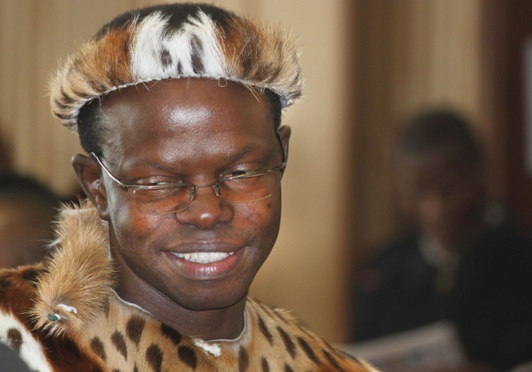
Jun 10, 2015 | News
The ICJ today welcomed the opinion by The United Nations Working Group on Arbitrary Detention (UNWGAD) condemning as arbitrary the detention of prominent human rights lawyer Thulani Maseko and calling on the Government of Swaziland to ensure his immediate release.
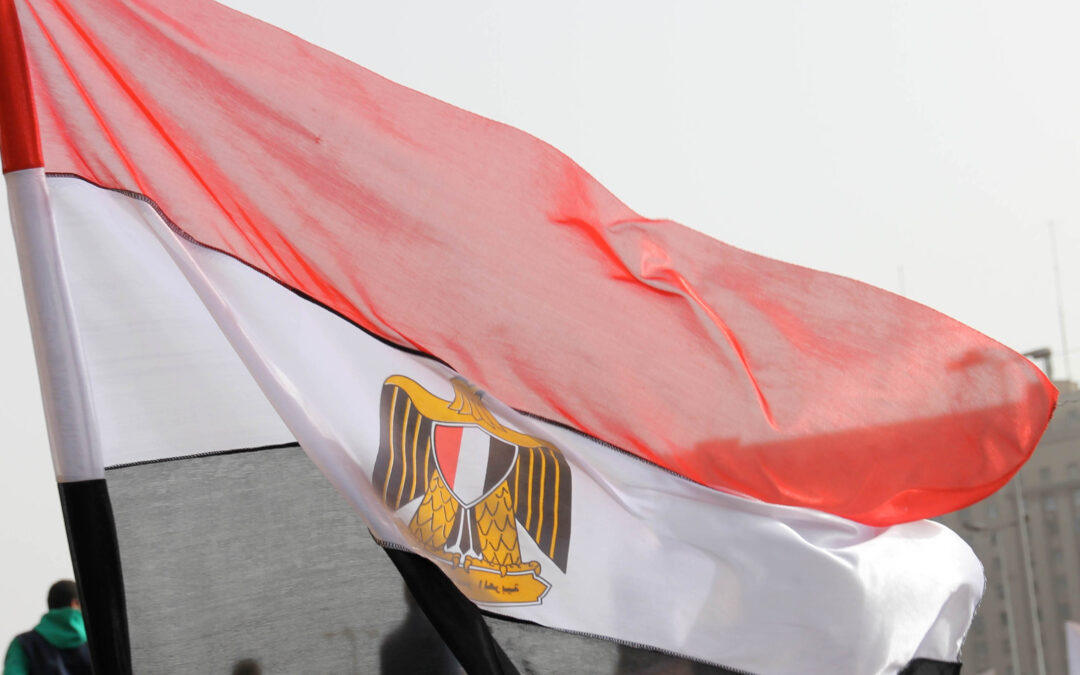
May 18, 2015 | News
The ICJ condemns ongoing egregious human rights violations, including the right to life by the Egyptian authorities and facilitated by unfair judicial proceedings.
Yesterday, six men were executed following their conviction in an unfair trial by a military court and confirmation of the death sentences by the President of the Republic, Abdel Fatah Sissi, on 24 March 2015.
The men were part of a group of nine individuals accused of participating in attacks on security services and killing two officers of the armed forces on 19 March 2014.
Their conviction through military proceedings violated their right to a fair trial by a competent, independent and impartial tribunal.
Military court judges in Egypt are appointed by the Minister of Defense and are subject to military discipline procedures. By the very constitution of this court, in addition to by the manner in which the trial procedures were conducted, the defendants were denied the right to a fair trial under international standards.
All of the accused alleged that they had been subjected to torture and other ill treatment, as a result of which one of them was reported to have suffered a broken thigh and fractured knee.
Rights of defence were undermined, including the ability to have confidential access to a lawyer.
Furthermore, three of the accused were reportedly already in detention at the time the attacks they were convicted of participating in took place.
The executions came just a day after the decision on 16 May by the Cairo Criminal Court to recommend deaths sentences for more than 120 accused persons, including former President Morsi.
The cases have been referred to the mufti, the highest official religious authority in Egypt for confirmation.
This decision relates to two separate cases in which the accused, including Mohamed Morsi and other senior officials from the Muslim Brotherhood, were convicted of numerous charges.
These include, “murder”, “carrying out acts that compromise the independence of the country”, “abduction of police officers”, “collusion with a foreign organization to carry out terrorist activities in Egypt” and “carrying heavy weapons to resist the Egyptian state”.
The criminal proceedings that led to Saturday’s verdict follow grossly unfair trials.
The ICJ considers that in the trial and sentencing the defendants, the Egyptian authorities have acted in breach of Egypt’s obligations under international human rights law, including those relating to the right to life, the prohibition of torture and other cruel, inhuman or degrading treatment or punishment, and fair trial rights.
Many of the accused were denied access to counsel during detention, with some of them held incommunicado for months. Mohamed Morsi’s whereabouts were unknown from 3 July 2013 to November 2013.
The accused’s defence rights were largely undermined, including by curtailing the right to call and examine witnesses.
Further, during the entirety of the proceedings, prosecutors failed to provide substantial and credible evidence to support the charges against the accused, relying heavily on police and intelligence reports.
Reviewing numerous judgments issued in the context of similar mass trials resulting in death sentences, the ICJ has found a systematic failure of the courts to establish the individual guilt of each accused based on credible evidence.
Saturday’s judgment appears to continue this trend.
Further, under Egyptian law, decisions of felonies courts are not subject to appeal.
They can only be challenged before the Cassation Court, which does not look at the merits of the case but rather only the proper application of the law by lower courts.
“The imposition and execution of death sentences following such grossly unfair trials amount to a summary execution, a serious crime under international law,” said Said Benarbia, Director of the ICJ Middle East and North Africa programme.”
“Rather than contributing to serious human rights violations, Egyptian judges should preserve the dignity of their office and act in defence of the rule of law and human rights, not as a tool of repression,” he added.
The ICJ opposes the use of the death penalty in all circumstances as a violation of the right to life and a form of cruel, inhuman and degrading punishment.
The African Commission on Human and Peoples’ Rights has called on Egypt recently to refrain from carrying out the death penalty as it amounts to a violation of the right to life.
The UN General Assembly has repeatedly, by a large majority, called for a moratorium on its use.
Contact:
Alice Goodenough, Legal Adviser of the ICJ Middle East and North Africa Programme, t: +44 7815 570 834, e: alice.goodenough(a)icj.org
Nader Diab, Associate Legal Adviser of the ICJ Middle East and North Africa Programme, t: +41 229 793 804, e: nader.diab(a)icj.org
Egypt-Executions and mass death sentences-News-Press releases-2015-ARA (press release in Arabic, PDF)








